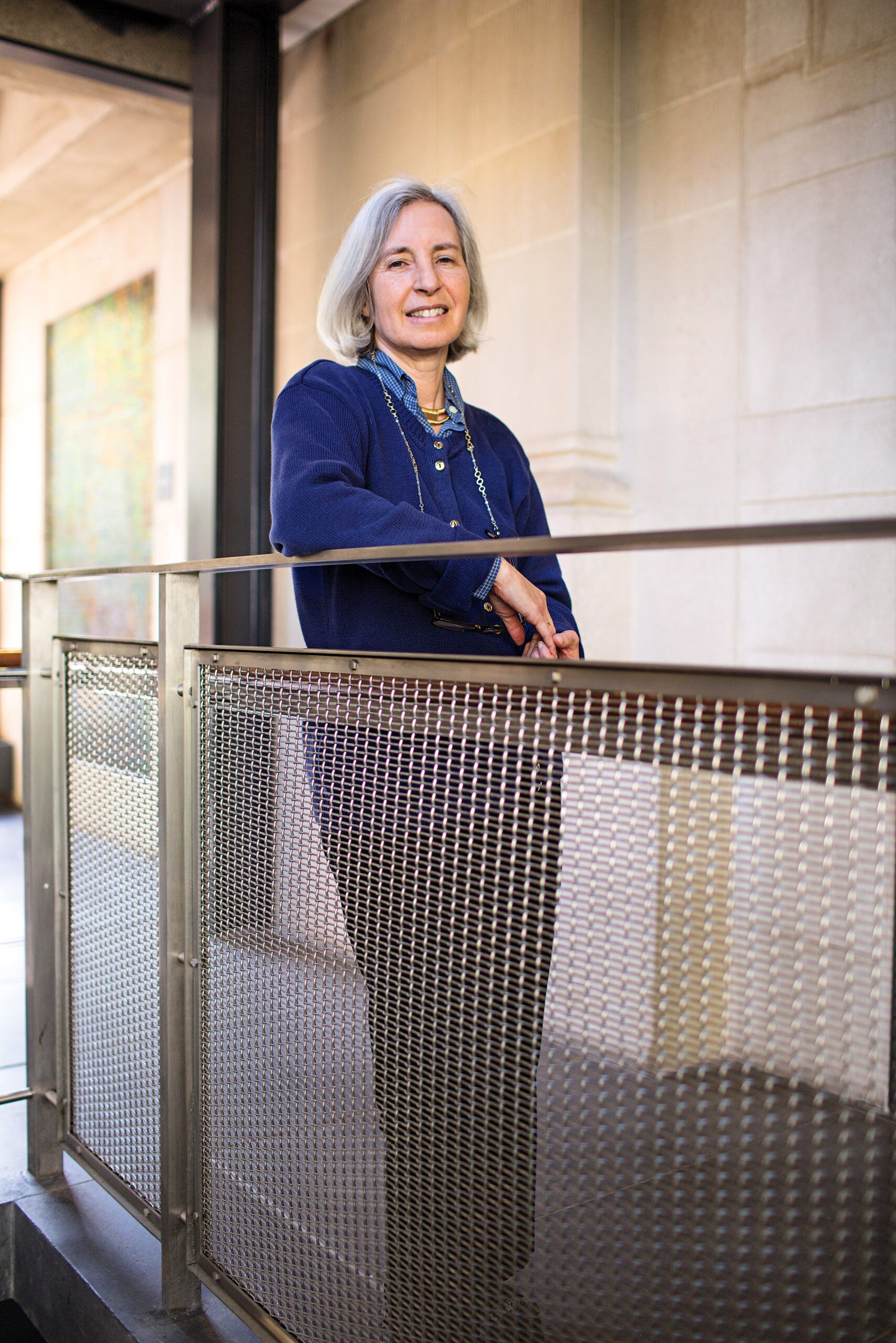A central purpose of law is accountability. But who holds law itself to account? Law is designed to expose and sanction people, organizations, and nations when they violate a public norm or breach an enforceable private agreement. What should happen when law fails to deliver?
Over the past year, many people across the United States have asked this question about local, state, and national criminal justice, and about police and grand juries in particular. A part of the solution lies in the independent research and review offered by academics; another part, in the sterling efforts of outstanding practitioners. Longer-term reforms come with the recruitment and training of superb individuals to carry on the work.
This issue of the Bulletin offers glimpses of some of these avenues for law reform in this country and around the world.
[pull-quote content=”The classic question for government and for media is: Who watches the watchdogs? At its best, law offers essential checks. But this very ideal raises the stakes for holding legal systems themselves accountable.” float=”right”]
Last year, HLS Clinical Professor Ronald Sullivan ’94 helped the Brooklyn district attorney’s office set up a conviction review unit to address the troubled history of the office. As the faculty director of the school’s Criminal Justice Institute, Sullivan worked with students to design the best way to review convictions, with the focus on correct results.
Loretta Lynch ’84 has served for two distinguished terms as United States attorney for the Eastern District of
New York, where she and her team
successfully pursued convictions of police officers involved in the torture of a Haitian immigrant, and where she prosecuted a series of individuals accused of terrorism. We salute her service and leadership upon her nomination and confirmation to serve as the attorney general of the United States.
Bryan Stevenson ’85, professor at New York University School of Law, founded the Equal Justice Initiative to provide free legal representation to death-row inmates in Alabama. His organization successfully challenges life sentences for juvenile offenders and racial and economic bias in the American criminal process. His award-winning memoir, “Just Mercy,” published in the fall, exposes systemic failures and at the same time raises hope with stories of his crusading efforts.
With an aim of improving the legal system through instruction and through recruiting talented people to take up the work, we have expanded the Criminal Justice Institute’s Criminal Defense Clinic by nearly 60 percent. Approximately 50 percent of the clinic’s graduates go on to become public defenders. We are delighted that the clinic’s deputy director, Dehlia Umunna, has accepted a place as clinical professor, starting this summer.
Other fields, such as medicine and technology, have made dramatic progress through the use of empirical tools and data-driven analysis. Here at HLS, Assistant Professors Holger Spamann S.J.D. ’09 and Crystal Yang ’13 each use empirical research tools to assess criminal sentencing practices.
We are increasing our investment in empirical research not only in criminal justice but also in consumer protection, settlement of litigation, corporate governance, securities regulation and the legal profession itself. A growing number of HLS faculty focus on empirical legal studies, and the school has expanded empirical research coursework and learning opportunities.
The classic question for government and for media is: Who watches the watchdogs? At its best, law offers essential checks. But this very ideal raises the stakes for holding legal systems themselves accountable.
We are trying to do our part by combining new and old tools—crowdsourcing, debate, research and education. The best prospect comes with talented people, propelled by visions of what could and should be. Congresswoman Barbara Jordan once said: “More is required of public officials than slogans and handshakes and press releases. More is required. We must hold ourselves strictly accountable. We must provide the people with a vision of the future.” We invite your thoughts about how to promote accountability across law and society.
